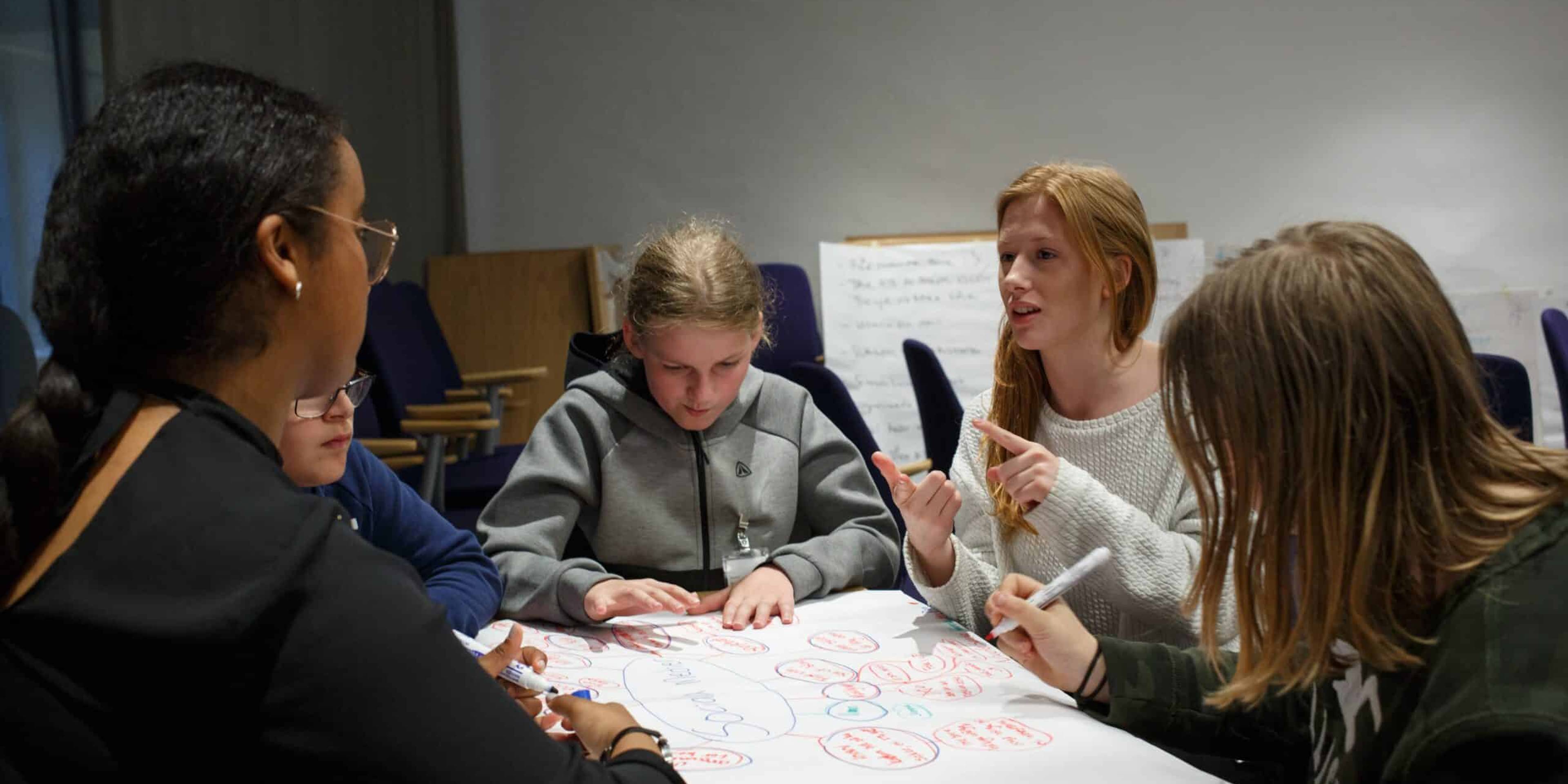September 09, 2020
Oracy Rules
By Dr Kathy Weston

Reflect
September marks the start of the ‘season of mellow fruitfulness’ and, in many homes, the ‘season of lost school equipment’. As children transition back to school, following a period of meticulous labelling of every school item, parents all over the country are bracing themselves for daily accounts of what has gone missing.
To be fair, our beloved offspring have much to contend with and, certainly for younger children and tweens, they don’t have executive functions that are quite as well developed as parents need or want them to be.
The good news is, brain science tells us that we can play an important role in helping children to practise these crucial organisational skills. Gentle nudges the night before school to check what they need and hovering encouragingly whilst they pack their bags (without berating them) is what’s required. Over time, these organisational skills become honed.
It is hard to be highly organised when you are worried about getting the public bus for the first time, navigating your way around a new school or recalling school rules and the names of new teachers.
Think of these first few weeks of school as ‘induction weeks’; a period of settling in, when forgetfulness, mistakes and even errors of judgement are likely to occur. Stress exacerbates poor organisation, so stay calm, forgive transition teething difficulties, and enjoy the fact you have the house to yourself for the first time in ages!
Motivate
On a slightly more serious note, as our children return to school, I have been mulling over the fact that their academic learning may have taken a dip (through no fault of their own). There is much work to be done to help children regain their confidence, focus and desire to aim high. Teachers are working hard to rebuild academic progress, but what can parents do?
You may still be suffering from home-school fatigue, but, rest assured, one of the best actions you can take doesn’t require books or even access to a laptop. Oracy is one powerful lever that can influence children’s academic skills. It refers to the ability to talk, articulate ideas and communicate them effectively.
According to Cambridge University Professor, Neil Mercer, who I interviewed for a podcast this week, every child should be taught how to make a good presentation in public, conduct a reasoned discussion, work well in a team, listen properly to a speaker and participate well in online meetings.
Good speakers aren’t born, they are made, and parents have a leading role to play in emphasising the quality and amount of dialogue that happens at home. According to the research evidence, the latter is the one of the best predictors of academic attainment (Goswami and Bryant, 2007). In particular, focus on helping your children elaborate on their ideas, observations and views.
Support
Does your family life have enough pockets of opportunity for rich, interactive dialogue? With more than one child, it can help to start building in little ground rules around listening and speaking. Gently challenge by asking open questions that get your child thinking.
Encourage siblings to propose differing views and show your children that you value views being politely and credibly challenged. When children begin to see things differently and change their stance on something, praise them for being such a confident, flexible thinker.
Encourage your children to use ‘5 star words’; sophisticated, elevated and possibly just outside the normal remit of your average dinner time talk. Help them to acquire new words by modelling their usage confidently yourself. Show your children that you are actively listening to what they are saying, through your body language and encouraging nods of your head.
By developing children’s voices at home, you can rest assured that it will also drive their participation in class, boost their self-esteem and start to get them ready for the academic and social challenges that lie ahead.
Are you a Tooled Up member?
If you are a registered member of the Tooled Up community, click here to explore our library of resources.